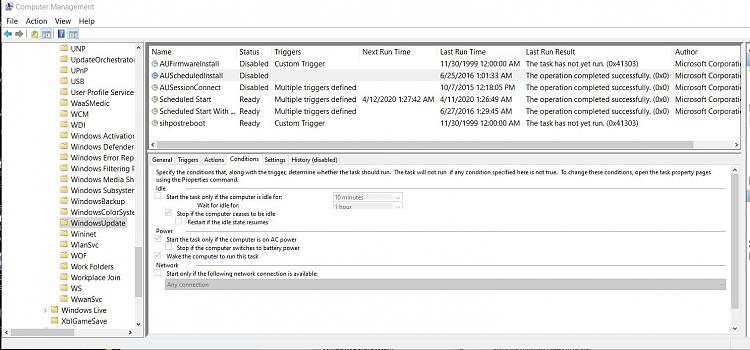New
#41
1) Please uninstall McAfee AV using the applicable uninstall tool:
https://service.mcafee.com/webcenter...3D16gv7lmeue_9
http://us.mcafee.com/apps/supporttools/mcpr/mcpr.asp
2) Make sure Microsoft defender is on
3) The BIOS: Version/Date American Megatrends Inc. P1.40, 9/15/2014
(There were 9 missed upgrades)
Upgrade the BIOS to the most recent non-beta BIOS
1.4 > 2.8
ASRock > Z97 Extreme6


 Quote
Quote
